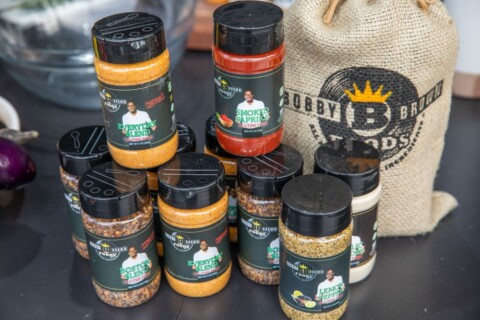In 2025, the U.S. food, beverage, wine, and spirits industry faces significant challenges due to a series of newly imposed tariffs. These trade measures are reshaping the landscape for producers, distributors, and consumers alike.
A 25% tariff on wine and spirits imported from Mexico and Canada has been implemented, directly impacting products like tequila, mezcal, and Canadian whisky. These categories are integral to the U.S. market, with agave-based spirits alone accounting for 13% of total U.S. beverage spirits sales by volume and 21% by revenue. The Wine & Spirits Wholesalers of America (WSWA) estimates that these tariffs could result in the loss of 17,000 American jobs and a $2.7 billion reduction in U.S. economic output.
The administration has also proposed a 200% tariff on imported European wine and spirits. Given that imported wine and spirits constitute 38% of the U.S. marketplace by volume, such a measure could severely disrupt supply chains and consumer access to these products.
Small businesses are particularly vulnerable to these tariffs. Unlike large corporations, they often lack the financial flexibility and supply chain robustness to absorb increased costs. For instance, VOS Selections, a New York-based wine and spirits importer, is among several small businesses that have filed lawsuits challenging the legality of the new tariffs.
Major companies like Procter & Gamble and PepsiCo have indicated that they may raise consumer prices due to tariff-related supply and production adjustments. PepsiCo, for example, lowered its annual earnings forecast, citing tariffs such as a 25% duty on imported aluminum and slowed consumer spending.
Industry groups, including the WSWA and the Distilled Spirits Council of the United States (DISCUS), have expressed concern over the tariffs’ potential to stall growth and complicate market dynamics. In 2024, U.S. spirits exports increased by 10% to $2.4 billion, largely driven by a surge in shipments to the European Union. However, ongoing trade disputes and the threat of retaliatory tariffs pose risks to this growth.
As the industry navigates these challenges, stakeholders are advocating for negotiations to mitigate the tariffs’ impact and preserve the vitality of the U.S. food, beverage, wine, and spirits sectors.
As 2025 progresses, the food, beverage, wine, and spirits industry stands at a crossroads. The imposition of tariffs has introduced considerable volatility, raising costs for producers and prices for consumers, while threatening the viability of small and mid-sized businesses. Industry leaders and trade organizations continue to push for diplomatic solutions that prioritize economic stability and consumer access. The coming months will be critical in determining whether these tariffs become a long-term fixture of global trade or a short-lived disruption in an otherwise resilient market. For now, adaptability, strategic sourcing, and international cooperation will be key to weathering the storm.







